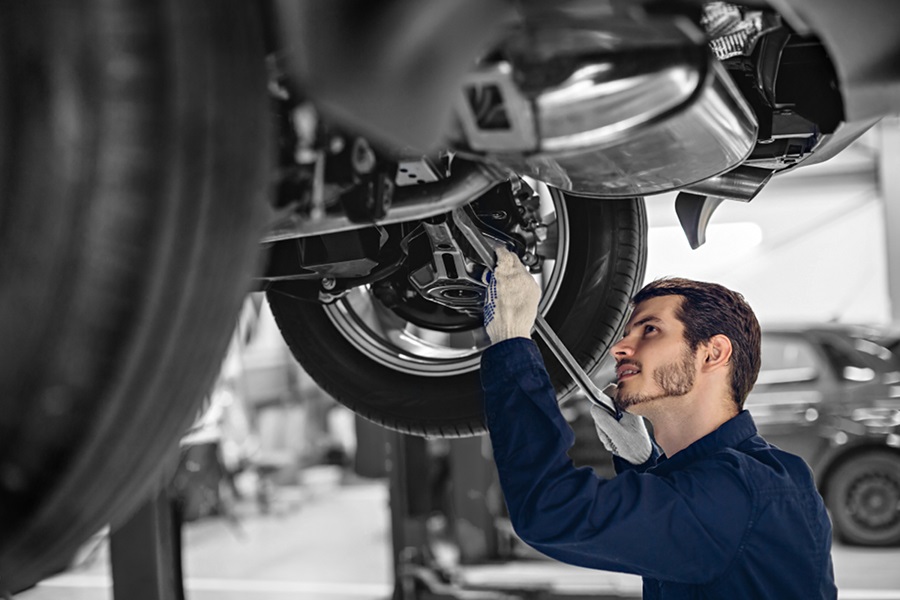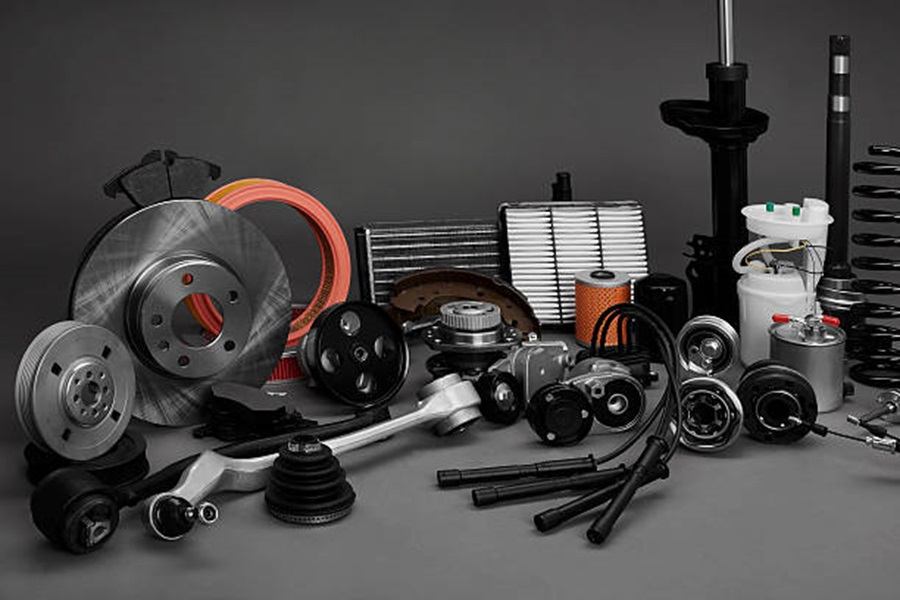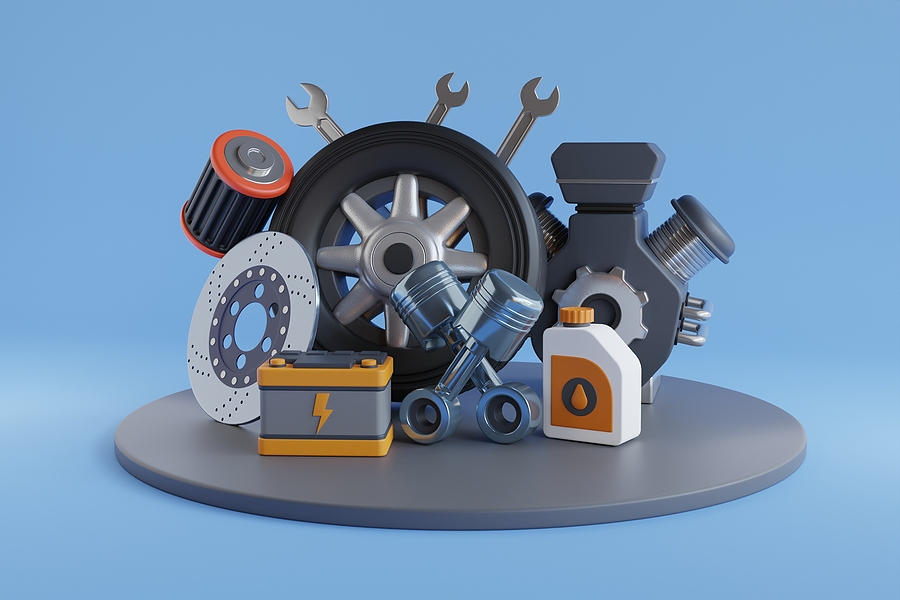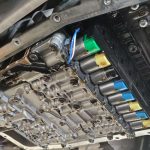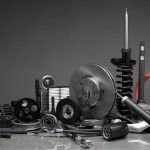One essential part that guarantees effective and seamless vehicle handling is the power steering pump. Proper lubrication, which hydraulic fluid provides, is essential to its operation because it keeps internal components from wearing out. The pump’s effectiveness declines without proper lubrication, which increases the risk of failure, decreased performance, and expensive repairs. The longevity of the power steering system depends on an understanding of the significance of lubrication and how it maintains pump efficiency.
How Lubrication Reduces Friction
Wheel movement is made smooth and effortless by the power steering pump, which runs at high pressure to supply hydraulic fluid to the steering gear. The pump’s many moving components, such as rotors, vanes, and bearings, cause friction as they come into contact with one another. By creating a thin, protective layer between these parts, proper lubrication reduces direct metal-to-metal contact.
In addition to improving the pump’s performance, this friction reduction stops heat accumulation from excessive rubbing. Heat from friction can cause component deformation and performance loss over time. Vehicle owners can prevent these problems and increase the pump’s lifespan by making sure the hydraulic fluid stays at ideal levels and in good condition.
Avoiding Damage and Wear
Proper lubrication not only lowers friction but also shields the power steering pump from damage. Additives used in hydraulic fluid inhibit corrosion, rust, and debris build-up inside the system. These impurities may function as abrasives, progressively wearing down the interior surfaces of the pump and causing failure or inefficiency. Making use of the Auto Repair in Webster, MA based service is most essential inthiscase.
Fluid leaks may occur if the pump’s seals dry out and crack due to inadequate lubrication. Leaking fluid can seriously harm the pump by overheating it and thus impairing lubrication. Maintaining ideal lubrication and avoiding early wear requires routinely changing the hydraulic fluid and checking the system for leaks.
The Impact of Fluid Quality
The efficiency of the power steering pump is greatly influenced by the kind and state of the hydraulic fluid. Heat and pollution can cause fluid to deteriorate over time, losing its lubricating qualities. Fluid loses some of its ability to lower friction and prevent wear when it degrades. It is essential to use the hydraulic fluid type that the manufacturer recommends because it is designed to satisfy the unique needs of the power steering system.
Maintaining Lubrication for Optimal Performance
Maintaining proper lubrication is a continuous maintenance concern rather than a one-time event. Regular hydraulic fluid level checks and replacements are necessary to maintain the power steering pump’s optimal performance. Maintaining the fluid’s protective qualities also involves fixing leaks and preventing contamination.
Conclusion
Vehicle owners can improve steering performance, lower the chance of pump failure, and prevent expensive repairs by giving lubrication top priority. The secret to preserving responsive, seamless handling and a secure driving experience is a properly maintained power steering pump.


